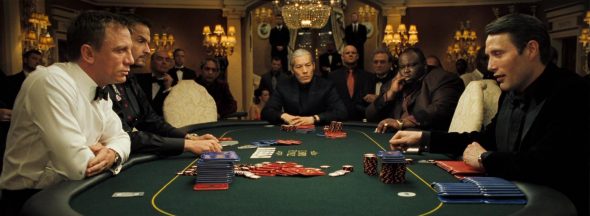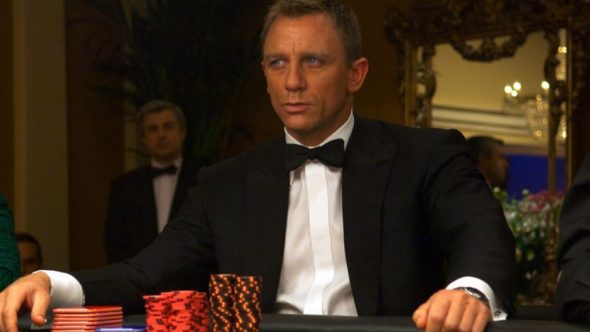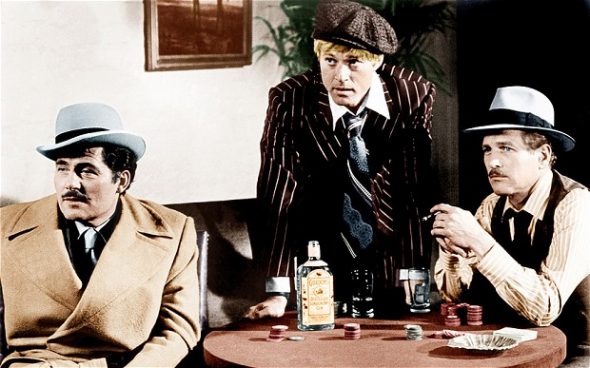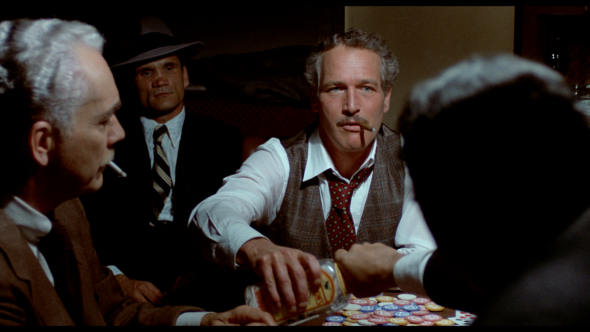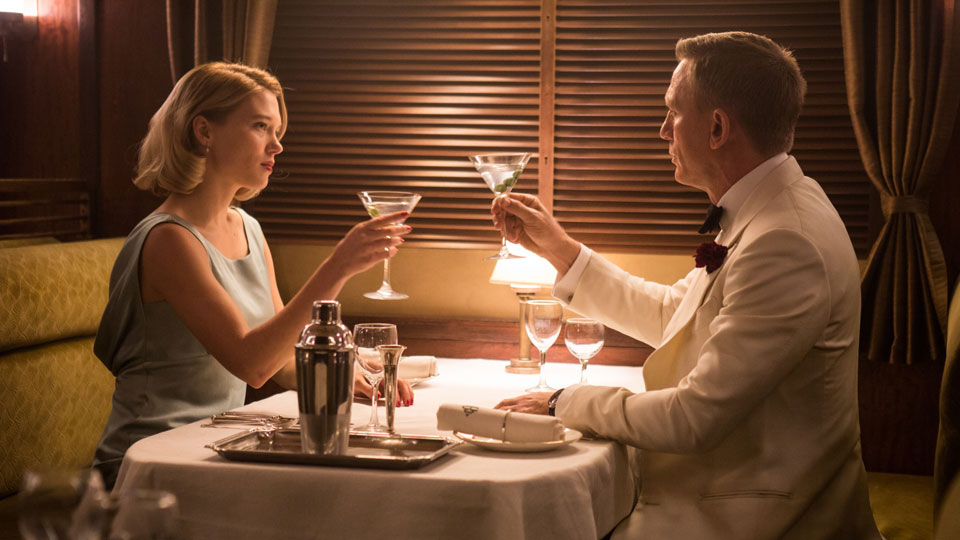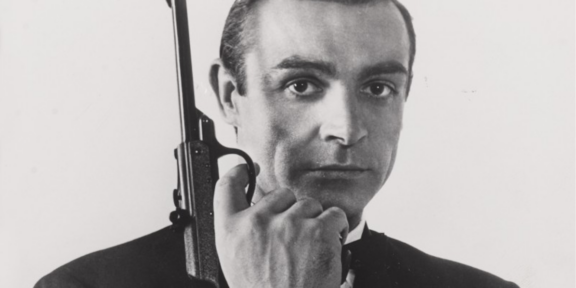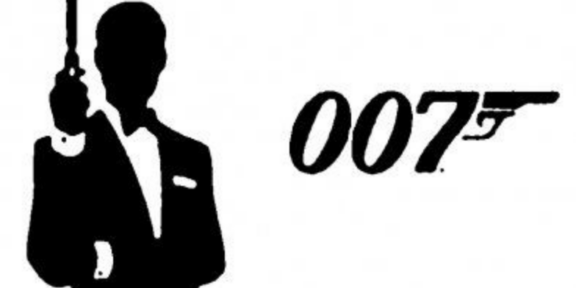A night at the casino forms a backdrop to many of the most popular novels and films. From Dostoyevsky’s The Gambler to Hunter S Thompson’s Fear and Loathing in Las Vegas to perhaps the most famous of them all, Ian Fleming’s “Casino Royale“.
The latter introduced the world to James Bond, and in the scores of books and films that have followed in the subsequent 50 years, the image of 007 is forever entwined with that of the dinner jacket and the baccarat table or roulette wheel.
Perhaps it is these cultural references that have given casino culture the mystique that it enjoys to this day. From the noise and razzmatazz of Las Vegas to the opulent splendor and sophistication of Monte Carlo, time spent in the casino is like nothing else.
Changing times – and a changing culture?
The world moves on, though, and technology has changed every aspect of our lives. At first glance, you might think that casinos are unlikely to have been dramatically affected. The electronic games might have evolved, but surely a roulette wheel or a game of blackjack is no different today than it was in 1953 when Casino Royale was first published.
There are more fundamental changes afoot, however. As recently as 20 years ago, a casino was unlikely to be a regular haunt for the average man or woman. It was a place to visit on a special occasion, or perhaps on an annual trip to Monte, Vegas or Macao. Today, there are hundreds of online casinos with promotional bonuses aimed at attracting new players via their PCs and smartphones. The result? Suddenly, there are exponentially more regular players of casino games. And when they enter the hallowed grounds of a land-based casino, it suddenly seems more of an everyday experience.
The growth of online gaming has, perhaps unexpectedly, proved beneficial to land-based casino operators for this very reason. The ability to practice poker or blackjack online and learn strategies has removed some of the mystique and mystery from traditional table games, while at the same time increasing the market. As a result, casinos are becoming a more common site in towns and cities across Europe and beyond.
But is it an art or a science?
The fact that we are now viewing casino games with more objectivity and less through the lens of literature or cinema has given us a new perspective. On the face of it, roulette or blackjack – or even a game of an electronic slot machine – is based on mathematical probabilities. You might argue that it is science all the way. But perhaps there is more to it than that?
Watch the opening Act of The Sting, the 1973 classic starring Robert Redford and Paul Newman, and you might think again. The poker game on the train has little to do with science and everything to do with acting. Newman’s character pretends to be a clumsy, drunken fool, and his performance is instrumental in winning the game.
It is an extreme example, but the phrase poker face has entered everyday usage to mean a strategy employed to hide your true emotions, and is used, for example, in business contexts when engaging in negotiations.
It is in this area, when we think of the art of casino culture, that those who have entered the realm from the technological side need to be cautious. Ultimately, a smartphone can do many things, but it will not teach you to adopt a poker face like Paul Newman, and nor will it prepare you for the face to face interactions when you enter the playground of the James Bonds of this world – at least, not yet!



